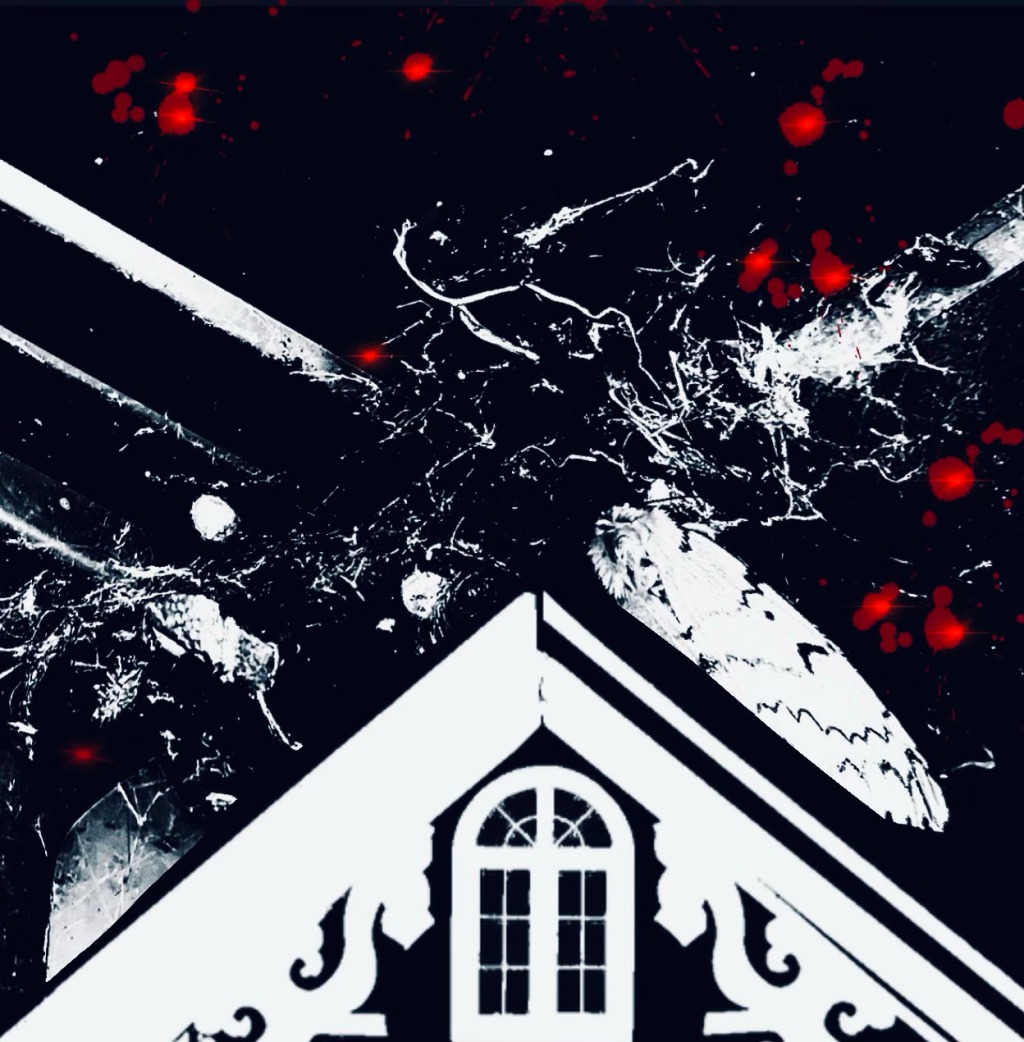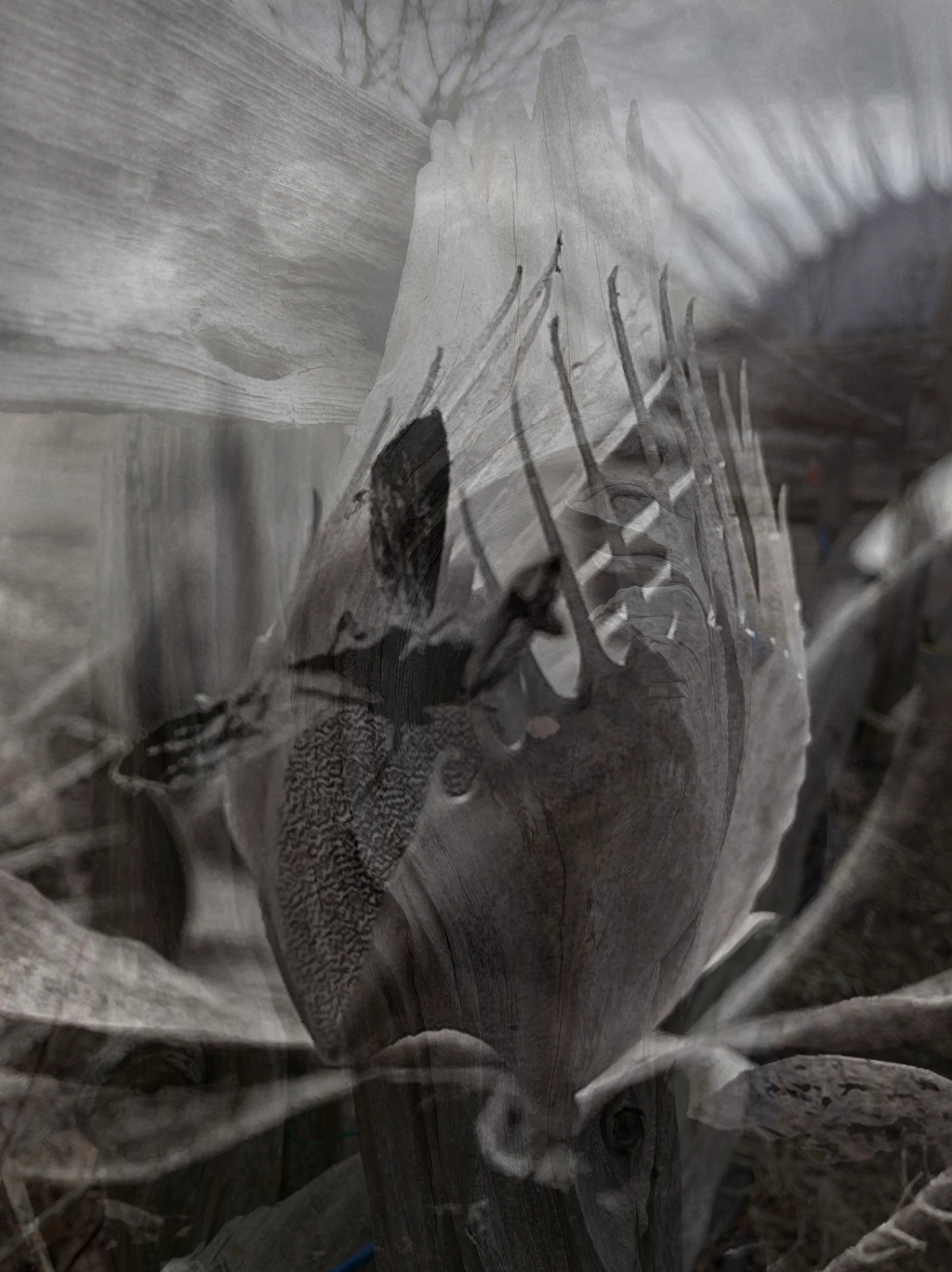Hyper-Visible Worldbuilding: An Exercise in Going Deeper
By Marisca Pichette
Imagine your work-in-progress. You know your protagonist inside and out–their motivations, anxieties, quirks, and maybe even their favorite food. You could walk down the main street of your setting and wield local slang with ease. It doesn’t matter if it’s a high fantasy realm, space station, or haunted town in the middle of nowhere. You created it, and it’s yours. There’s nothing you haven’t considered … right?
Even the most developed worlds have flaws. Just think of where you grew up, or the area you’ve spent most of your life in. Can you picture it in perfect detail? All of it? You might know your neighbors, but do you know the people three streets over? In the real world, there are gaps in our knowledge. But crucially, we know there are people living three streets over. We might be able to speculate about their lives. Now, return to your work-in-progress. Have you considered these neighbors-of-neighbors? If you didn’t before, we’re going to consider them now.
Hyper-visibility is an exercise I’ve applied to my own work, and it never fails to reward me with a deepened sense of my world. It may result in subplots and extra characters, or it may never emerge fully on the page. The point is for you, as the author, to explore your world in a way you haven’t before. Without further delay, here’s the exercise. Feel free to repeat it as many times as you wish on one work or many!
- Select a minor/background character in your work. Ideally, this character is already a little developed. Maybe they have a name and occupation, a few lines of dialogue. It could be someone who appears in only one scene. This is not a supporting character. They serve a single purpose in the work and then virtually disappear. Got them? Good.
- Set your timer for five minutes and free-write a backstory for this character. You can delve into their past or imagine their future. Where did they come from? Were they always living where they are now? Where might they end up over the course of the story? Where will they be while the climax is going on? Be sure to include not just other settings, but more characters in this backstory. You know this character came from somewhere, and their various relationships have shaped who they became. Draw on your worldbuilding mythologies and histories when imagining their unique story.
- At the end of five minutes, re-read your free-writing. Select a single character you’ve just created: a background figure in the backstory you just wrote (do you see where this is going?).
- Set your timer for another five minutes and write the backstory to this new character! Take yourself on another journey through your world, exploring other settings and possible cultures you didn’t touch on in the first backstory. Play with time again: move forward and backward, rewinding and fast-forwarding through this new life.
- At the end of five minutes, hopefully you’ve ended up in a new and unexpected place. Re-read your second backstory and compare it to your first. Compare both to your protagonist’s arc and think about dimensions you may not have considered before, implications of the protagonist’s actions over the course of the story. Maybe you’ve kindled an interest in a new setting, or that original character’s single scene now doesn’t seem like enough. Maybe you’ve merely broadened your view of your world, and that in itself is a good thing.
- I recommend practicing free-writing one more time before finishing the exercise. You could select a background character in your second backstory or choose another minor character from the main work. Whichever you decide, take five more minutes to journey through the parts of your world that exist outside the spotlight. See what you find.
And that’s it! An exercise like this will aid you in crafting a setting and culture that feel full, possessing the depth and breadth of real-world places. It’s particularly useful when drafting or outlining but can also help when revising, to ensure your final product doesn’t feel flat to the reader. I hope you uncover many gems along the way!
AUTHOR BIO

Marisca Pichette is a queer author based in Massachusetts, on Pocumtuck and Abenaki land. More of her work appears in Strange Horizons, Clarkesworld, Vastarien, The Magazine of Fantasy & Science Fiction, Fantasy Magazine, Flash Fiction Online, Nightmare Magazine, and others. She is the flash winner of the 2022 F(r)iction Spring Literary Contest and has been nominated for the Best of the Net, Pushcart, Utopia, and Dwarf Stars awards. Her speculative poetry collection, Rivers in Your Skin, Sirens in Your Hair, is out now from Android Press.


